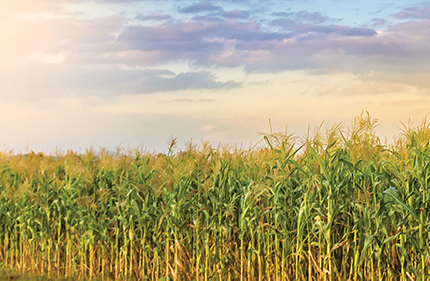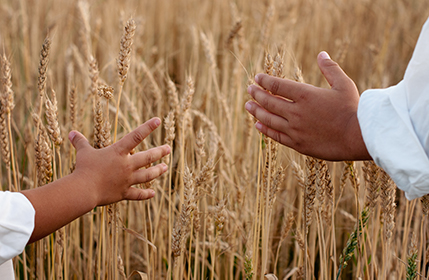Sustainable Agriculture Summit
-

November 15, 2017-November 16, 2017
Kansas City, MO, USA
Scientists Lead New Efforts to Enhance Sustainability of Produce Supply Chains

Access the University of Arkansas News Release, “Scientists Lead New Efforts to Enhance Sustainability of Produce Supply Chains”, that focused on the breakout session at the Sustainable Agriculture Summit.
Overview
Hosted by Field to Market, the Innovation Center for U.S. Dairy, the National Pork Board, the Stewardship Index for Specialty Crops, the U.S. Poultry & Egg Association and the U.S. Roundtable for Sustainable Beef, the 2017 Sustainable Agriculture Summit convened diverse stakeholders from across the food and agricultural supply chain to discuss opportunities to advance continuous improvement in agricultural sustainability. The vision of the Summit is to strengthen the supply chain network of producers, agribusinesses, retailers, and influencers who drive continuous improvement in agricultural sustainability and deliver food, fiber, and fuel to a growing world. The event provided opportunities for members of the agricultural supply chain to engage with leading experts and learn more about key sustainability challenges and opportunities.
Breakout Session
The Agriculture & Food Systems Institute, University of Arkansas and the Stewardship Index for Specialty Crops organized a one-hour Breakout Session on Thursday at 9am. This session presented new and on-going efforts to enhance the productivity, resilience, and sustainability of domestic produce supply chains, including a new 4-year USDA-funded project: “Fruit & Vegetable Supply Chains: Climate Adaptation & Mitigation Opportunities,” as well as the Stewardship Index for Specialty Crops’ on-going work to develop and maintain sustainability performance metrics for specialty crops. All participants were asked to join a facilitated roundtable discussion on future trends in these supply chains, which are now undergoing significant innovation and transformation as a result of multiple drivers: consumer preference for fresh produce grown locally; climate change & increased competition for natural resources; cost & availability of labor; efforts to improve sustainability profiles; and the rise of protected & peri-urban production.
For more information about the Fruit and Vegetable Supply Chains Project, visit the project page.
